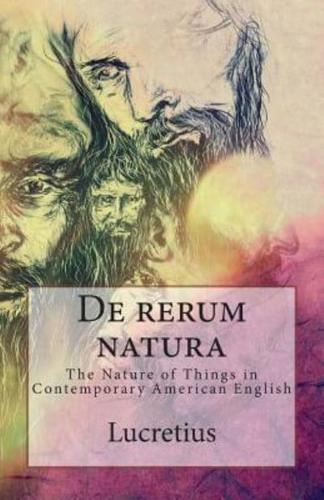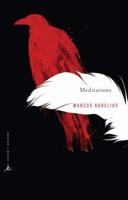Publisher's Synopsis
What is astounding about this epic poem is that it was written more than 2,000 years ago, when the Roman universe was still accounted for by heroes, demigods, and gods-both native and imported. From the very beginning one feels the athletic language of a poet determined to explain things and creatures in simple language. Although he frequently complains about the "poverty" of Latin to explain the concepts he had in mind, he never gives up in his efforts; at worst his verses reveal a clear-headed poet. The task he set for himself -to anyone else- would have been too daunting to tackle, yet patiently he attempts to demolish old theories and traditions that had for too long overcome good sense. He deeply believed that matter consisted of minute building blocks he called atoms that their conjunction would spawn things and creatures-including sentient beings. Yet, one tradition -the Aristotelian- was difficult for Lucretius to overthrow, given the tremendous authority that Aristotle's teaching had garnered over the years. As time and experience has proven, Lucretius eventually won the battle. De rerum natura miraculously has survived wars, lootings, burnings, and other calamities; and worst of all: censoring. From Machiavelli, Montaigne, Thomas More, to Thomas Jefferson-Lucretius's poem continues to exert great influence.









